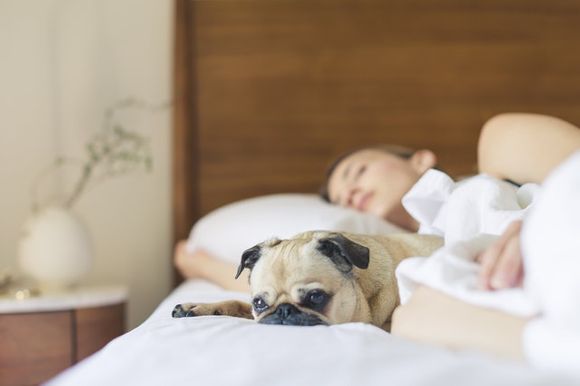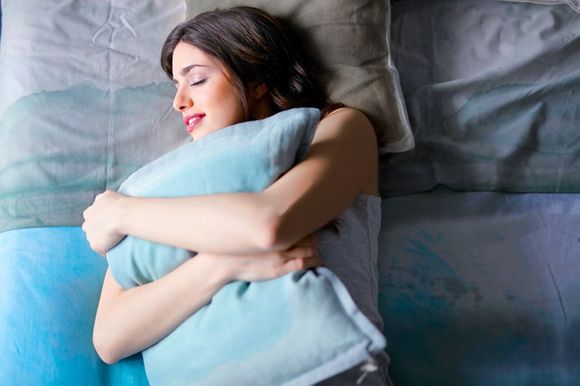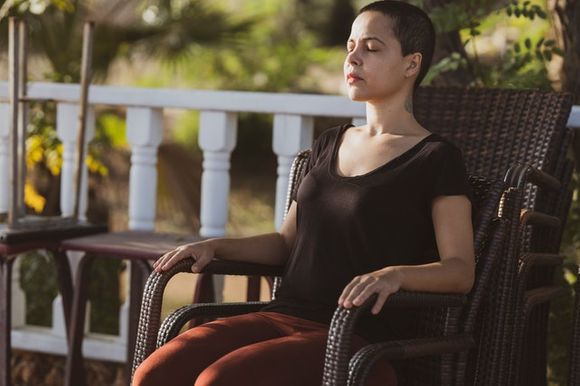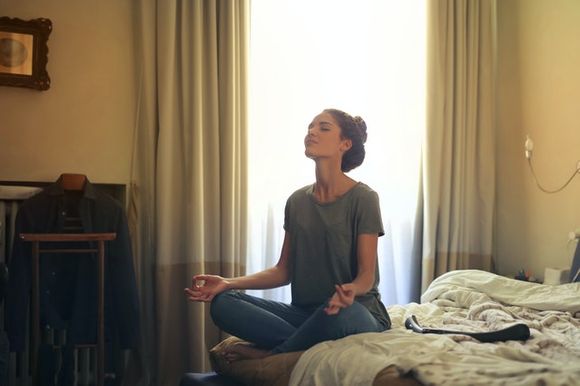Author: Silvia Marinova, PhD student in the Genomic Stability Laboratory at BAS
Insomnia is the medical term for insomnia. It is a widespread condition that affects the quality of sleep and inevitably affects our productivity during the day. Perhaps you also wonder if you are suffering from it if you fall asleep hard or wake up too often at night, and during the day you feel sleepy and lethargic. In this article we will look at what may be the causesthat lead to insomnia and whether we can help ourselves.
General symptoms of insomnia
By definition, insomnia is a sleep disorder in which it is difficult to fall asleep or stay asleep for a long enough time, even when there is a possibility of doing so. People who suffer from insomnia often feel unsatisfied with their sleep and experience symptoms such as:
- reduced working capacity,
- Fatigue
- distraction,
- Irritability.
What is my kind of insomnia

If you think that you may suffer from insomnia, you should know that it is subdivided into two types and accordingly classified into two groups: acute and chronic.
-
Acute insomnia
Acute insomnia is a short-term phenomenon. It may occur as a result of a violation in everyday life (such as travel and/or time zone change) or temporary stress such as an upcoming exam. It usually subsides quickly - from one day to several weeks.
-
Chronic insomnia
Chronic insomnia, in turn, is defined as a sleep disorder that occurs at least three days a week for at least three months.
- Taking drugs such as some of the groups of medications for high blood pressure, depression, allergy, etc.;
- Conditions such as anxiety, depression, bipolar disorder;
- Medical conditions such as chronic pain;
- Hormonal changes, for example, during menopause;
- Use of certain substances such as caffeine or alcohol;
- Other sleep disorders such as restless leg syndrome, etc.
How to cure insomnia

If you think you are likely to suffer from insomnia, you are definitely not alone and you should know that different methods are being developed to deal with the problem. There are several more common methods of treatment. Fortunately, acute insomnia usually resolves on its own and does not need treatment.
Do sleeping drugs help with insomnia?

We've all seen ads or heard of friends who use sleeping drugs for sleep problems. But in chronic insomnia in the short term, your attending physician may prescribe sleeping drugs to put you to sleep, but the generally accepted view is that this is not along-term solution.
Cognitive behavioral therapy - treatment of insomnia

Method to be used in the treatment of chronic insomnia, Instead of taking sleeping pills, is cognitive behavioral therapy [ref.2].
Some of the techniques can be learned independently, and for others help from a specialist is needed:
- Control of stimuli - aims to build an association between sleeping and sleeping space. This is achieved by limiting non-sleep-related activities. An example of such control is to go to bed only when we feel sleepy and, accordingly, get out of bed if we lie awake for more than 20 minutes.
- Limiting sleep - it is about creating a strict sleeping schedule and limiting mid-life sleep. The main goal is to reduce the time spent in bed and accumulate fatigue so that we can fall asleep the next night.
- Sleep hygiene - this method involves mastering certain habits that harm normal sleep.
- Improving the atmosphere in the sleeping room - it is necessary to keep it cool, darkened and quiet.
- Soothing techniques - progressive muscle calming.
Cognitive behavioural therapy has a proven effect and is the preferred treatment for insomnia at the moment. Studies have also been done on the effect of another technique - conscious meditation [ref.3]. It is based on calming the mind andbody, on the "presence" at the present moment and its full awareness.
Does practicing yoga help with insomnia?

According to the U.S. National Sleep Foundation, practicing yoga [ref.5] daily also improves sleep especially for people suffering from insomnia.
- Lifting the legs on a wall - we lie on the ground and lift our legs vertically on a wall so that an L-shaped position is obtained. The legs are straightened, and the back is tightly clinging to the ground. We focus on breathing.
- Reclining butterfly - we lie on the ground on the back, collect the heels to each other and relax the knees to the side.
- Savasana or the sleep posture - we lie on our backs on the ground, palms point upwards, legs are relaxed. We focus on breaths and exhalations.
Sleep is a very important factor in our overall well-being, as we spend a third of our lives sleeping. That is why we need to take conscious care both to receive enough of it and to ensure that it is of the right quality. Proper sleep habits, calm consciousness and reduced stress are key to limiting sleep deprivation and treatment of insomnia. And even if we don't suffer from it, reducing tension through meditation, yoga or other activities will undoubtedly help us feel better.








